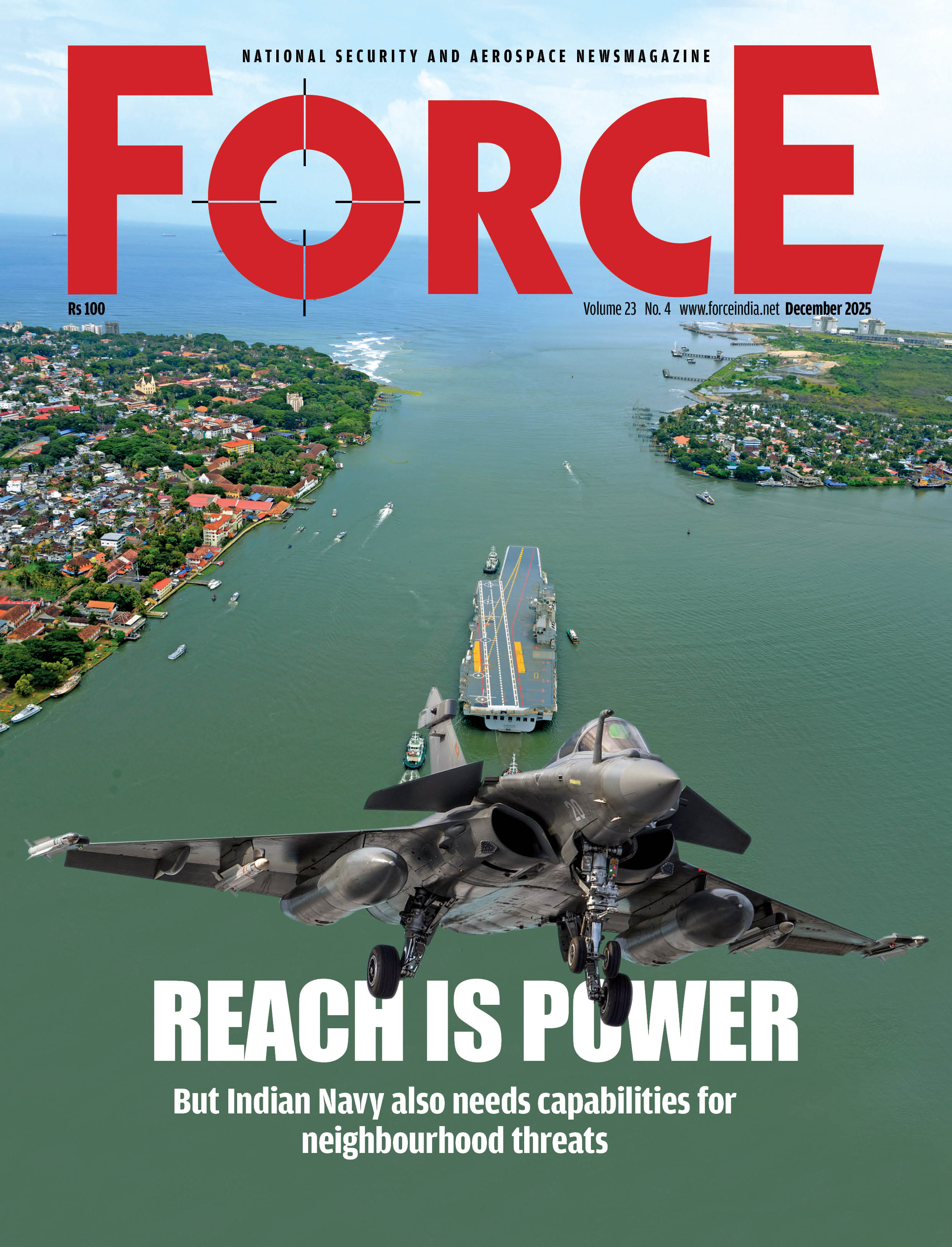Un-Intelligent Operations
 N.C. Asthana
N.C. Asthana
The recent Naxal attack in Chhattisgarh in which 23 men of the security forces were martyred has once again brought the issue of poor intelligence into focus. The attack took place just six km away from the nearest camp of the security forces and they were taken by complete surprise. No one had any idea that hundreds of Naxals could be lying in ambush so close to the camp, not to speak of having any idea of their weaponry or ambush tactics.
Obviously, this was as massive a failure of intelligence as it could be imagined. In any case, this is not the first time that the forces have been surprised. We have a long list of such disasters since 2010.
We do not need access to any secret official document to expose this farce of intelligence. A careful analysis of the operations in which the forces suffered casualties on a large scale speaks for itself. If, for the sake of argument, they had good intelligence, it would have resulted in some good if not spectacular operations. Since there have been no good operations at all, it only means that there is no intelligence worth its name.
Need for Actionable Intelligence
I am given to understand by officers who do not wish to be named is that these days troops go regularly into jungles because they are supposed to undertake operations, and obey they do, to pamper the vanity of senior officers. The senior officers, in turn, keep on selling pipedreams to the government that one major operation would finish Naxals and Naxalism both.
This ‘jungle bashing’ is called by fancy names like short range patrol, long range patrol, area domination exercise and the like. Huge operations involving thousands of troops are conducted essentially because they can be conducted, not because they ought to be conducted—it makes the senior officers feel like gener
Subscribe To Force
Fuel Fearless Journalism with Your Yearly Subscription
SUBSCRIBE NOW
We don’t tell you how to do your job…
But we put the environment in which you do your job in perspective, so that when you step out you do so with the complete picture.







